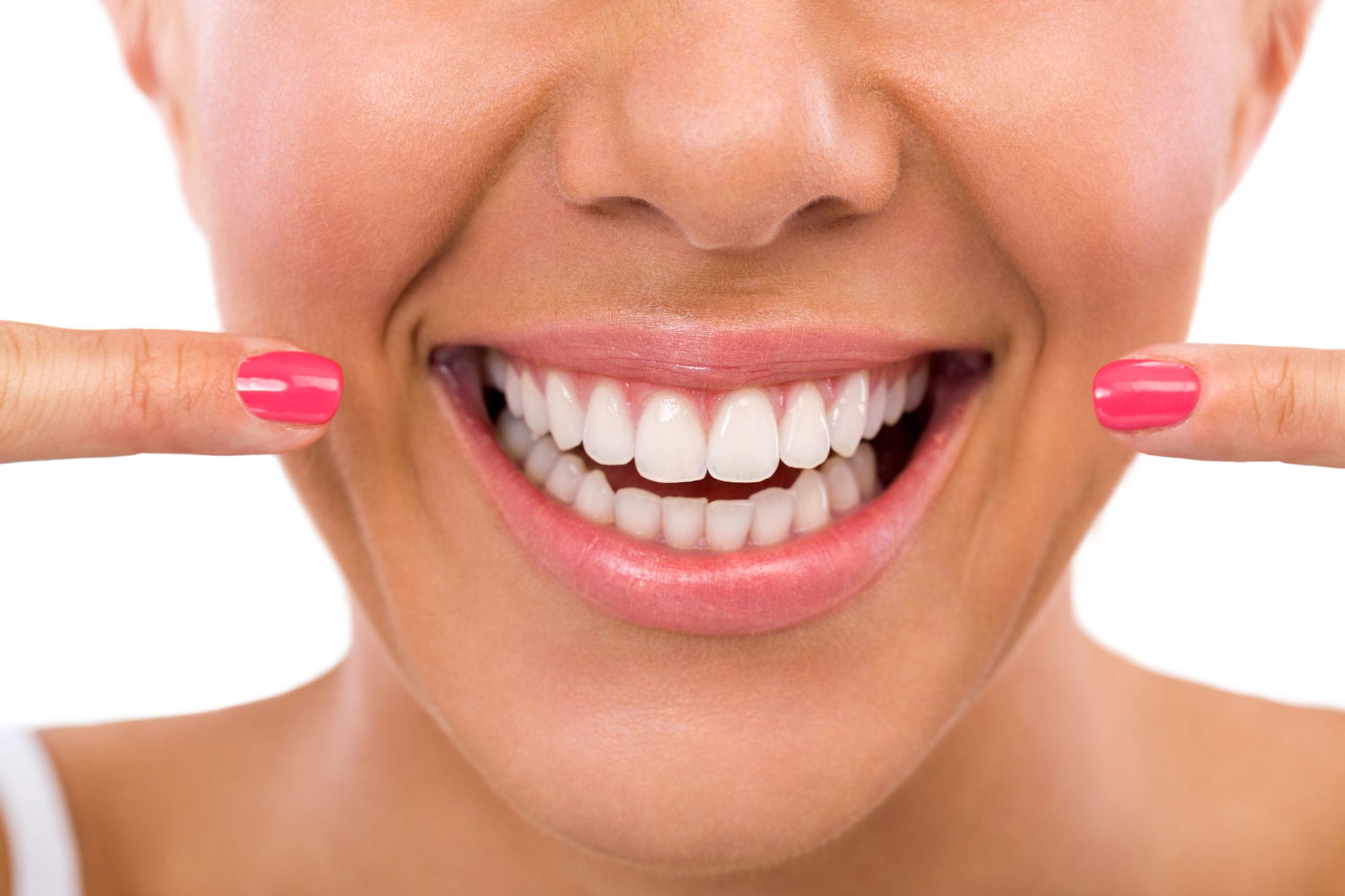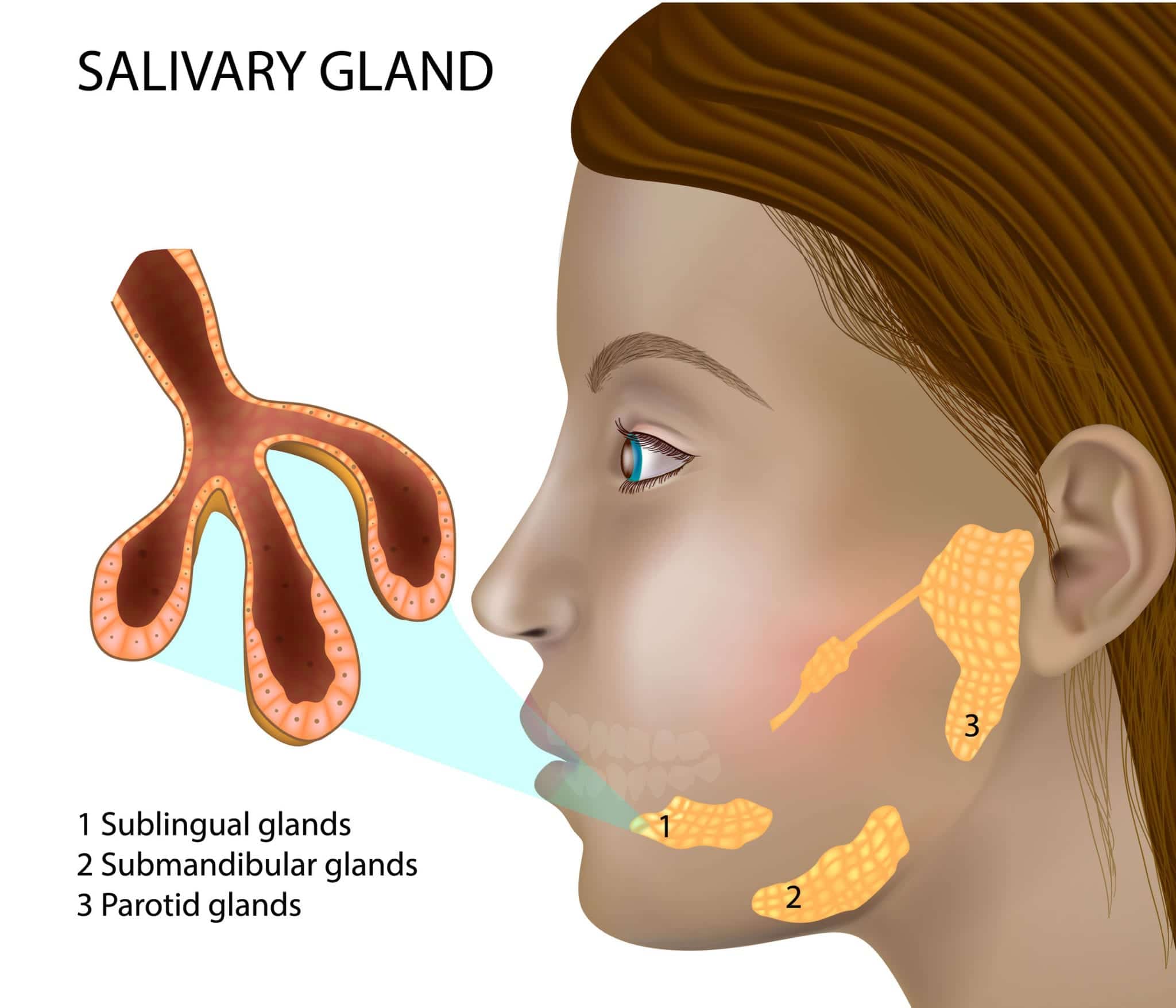
We often take our teeth for granted, but they are actually quite complex, and are highly adapted to perform the hard work of biting, chewing, breaking down food, and to withstand the pressure of repeated impact. Moreover, strong teeth are essential for good health and quality of life.
Understanding your teeth can help inform dental care decisions, and can help you maintain better oral health.
With that in mind, let’s take a look at some of the things you may not know about them.
Your Teeth are Unique to You
Your teeth are uniquely yours. In fact, they can be considered akin to your fingerprint. Even identical twins do not have identical teeth.
This, combined with the fact that teeth are hard tissue, is why dental records are used to identify human remains. Interestingly, the pattern of taste buds on your tongue is also unique – you have a unique tongue print!
Your Genes Impact Your Teeth
The shape, spacing, and alignment of your teeth is often dictated by genetics. For example, if you have a gap in your teeth, it’s likely that you inherited it from your parents. Some dentists even contend that dental abnormalities and oral health problems are genetic.
Your Teeth are Just the Tip of the Iceberg
About a third of each tooth is under the gums, and naturally that portion is most important to maintaining your oral health. That’s why it’s so important to keep your gums healthy in addition to keeping your teeth in good shape.
Tooth Enamel Is the Hardest Part of Your Body
The outermost part of your teeth is comprised of enamel, which is white or off-white in color. The enamel is somewhat like a hard shell, and its purpose is to protect the rest of the tooth.
Tooth enamel is comprised primarily of calcium and phosphate, similarly to your bones, but is actually stronger than your bones due to the specific proteins and structural crystalites that make up enamel.
…But Tooth Enamel Isn’t Invincible
Enamel is tough stuff, and it protects your teeth very well. However, your enamel is still subject to chips, cracks, and decay. Sugars and acidic foods and beverages – for example, soft drinks – interact with bacteria to attack your enamel, initiating tooth decay.
Yellow Teeth May Indicate Decay
Yellow teeth are not just a cosmetic concern – they can also indicate problems with your dental health such as cavities. Enamel is responsible for the white appearance of your teeth. When it is worn or begins to decay, your teeth could start to appear yellow.
You Make 10,000 Gallons of Spit
Saliva is essential to your dental health, preventing decay by washing away food particles and neutralizing acids that cause damage to your enamel, initiating the decay process. Saliva also makes food easier to swallow, and contains enzymes that initiate food digestion.

Your body produces about a quart of saliva every day, which adds up to about 10,000 gallons over a lifetime.
Your Teeth Work Really Hard
Every time you eat something, your teeth are hard at work. The front six teeth in your mouth (top and bottom) bite, tear, and guide chewing. Your back teeth help to break down the food before swallowing. This is why people who are missing molars wear down other teeth much faster.
Make sure you take care of your amazing teeth by scheduling regular dental visits and engaging in a daily oral hygiene routine.






